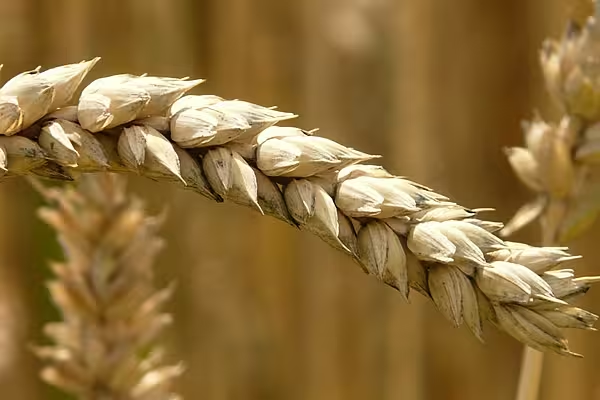In a world overloaded with wheat, Egypt is bolstering its haggling power.
As the largest buyer prepares to tap international markets Thursday, traders will be watching how much of a discount it can get. On Dec. 20, the country’s state-run buyer paid an average of $1.73 a metric ton less than the offers it received, the biggest discount since traders boycotted tenders in September after officials went back and forth with regulations on how much of the common ergot fungus was allowed in imports.
A zero-tolerance policy on ergot, considered harmless in trace amounts, had led to rejected cargoes, fewer offers and higher prices at tenders earlier this year. That prompted Egypt, which needs to buy wheat for subsidized bread program, to return to international standards for the fungus to allay traders’ concerns. Now, with confidence restored, the country has the upper hand as exporters from nations such as Russia scramble to offload record harvests.
“Confidence returns over time,” said Charles Clack, an analyst at Rabobank International in London. “There are still overwhelming exporter supplies kicking about in the global market and being the No. 1 importer, Egypt is well aware of their strong negotiating position. Traders need a buyer.”
The urgency is growing. World wheat stockpiles will reach a record 235 million tons at the end of the 2016-17 season, about 6 percent above the year-earlier level and almost 1 percent more than forecast in October, the International Grains Council said last month. Total grain inventories will surpass 500 million tons for the first time ever, the IGC estimates.
Benchmark wheat prices in Chicago have tumbled 14 percent this year, reaching a decade-low in August.
Egyptian Tenders
In local terms, Egypt’s wheat imports are more expensive than they were in October, before the nation floated its pound to end a crippling currency crisis. That’s giving Egypt’s General Authority for Supply Commodities an incentive to pay as little as possible in dollars, Clack said. The market closely watches tenders because Egypt buys more than any other country to help provide food for its more than 90 million citizens.
GASC is seeking wheat for Feb. 1-10 shipment in today’s tender, and will now accept U.S. hard red winter wheat. That may increase competition with top seller Russia, where exports have so far lagged expectations amid a stronger ruble. It may also prompt lower offers from Romania and Argentina, which in last week’s tender sold to Egypt for the first time since February.
“It’s a market where various origins can compete,” Matt Ammermann, a commodity risk manager at brokerage INTL FCStone Inc. in Plymouth, Minnesota, said by e-mail. “This plays to the advantage of buyers right now.”
News by Bloomberg, edited by ESM. To subscribe to ESM: The European Supermarket Magazine, click here.














